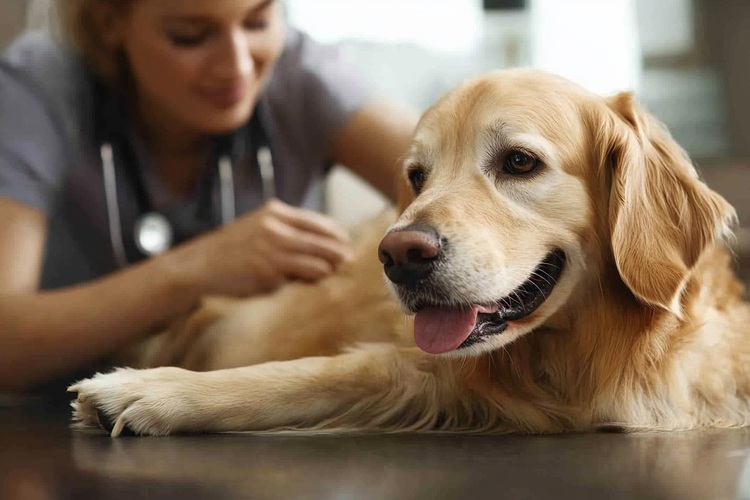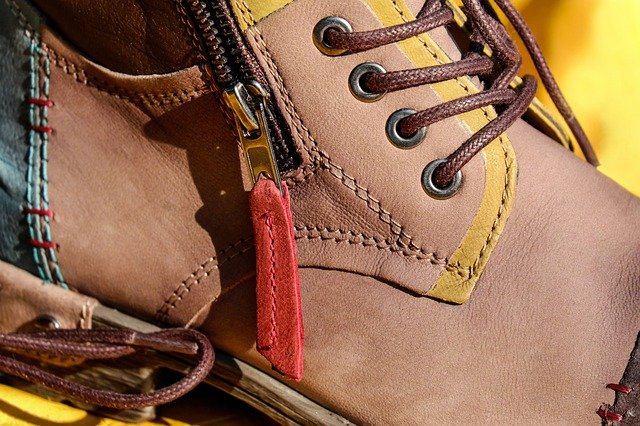How to Adopt Small Rescue Dogs Near You: A Practical Short Guide
Adopting a small rescue dog can transform both your life and the life of a deserving animal. These compact companions often come with unique personalities and grateful hearts, having experienced life's challenges before finding their way to rescue organizations. Small breeds like Chihuahuas, Terriers, and Poodle mixes are frequently available through local shelters and breed-specific rescues. Understanding the adoption process, preparing your home, and knowing what to expect can help ensure a successful match between you and your new four-legged family member.

Small rescue dogs make wonderful companions for many households, offering the perfect blend of manageable size and loyal companionship. The journey to finding your ideal canine partner involves understanding the benefits, knowing where to look, and preparing thoroughly for this life-changing decision.
Benefits of adopting a small rescue dog
Small rescue dogs bring numerous advantages to their new families. Their compact size makes them suitable for apartment living and easier to manage during walks and travel. Many small breeds are known for their longevity, often living 12-16 years or more with proper care. Rescue dogs frequently display exceptional gratitude and loyalty to their adopters, having experienced uncertainty before finding stability. Additionally, adopting from rescue organizations helps reduce pet overpopulation while providing a second chance to animals in need. Small dogs typically require less food and space than larger breeds, making them cost-effective companions for budget-conscious families.
Where to find small rescue dogs near you
Local animal shelters serve as primary sources for rescue dogs of all sizes. Municipal shelters, SPCA branches, and Humane Society locations regularly house small breed dogs awaiting adoption. Breed-specific rescue organizations focus on particular types like Dachshund rescues, Chihuahua rescues, or Terrier rescues. Online platforms such as Petfinder, Adopt-a-Pet, and Rescue Me connect potential adopters with available dogs in their geographic area. Veterinary clinics often maintain bulletin boards with information about dogs needing homes. Pet stores that partner with rescue organizations frequently host adoption events on weekends.
How to evaluate dogs and rescue organizations
Reputable rescue organizations provide comprehensive information about each dog’s history, temperament, and health status. Quality rescues conduct behavioral assessments and provide medical records including vaccination history and spay/neuter status. Ask about the dog’s background, including previous living situations, interactions with children and other pets, and any known behavioral challenges. Legitimate organizations allow meet-and-greet sessions and may require home visits before finalizing adoptions. Research the organization’s reputation through online reviews and local veterinary recommendations. Transparency about adoption policies, return procedures, and ongoing support indicates a responsible rescue operation.
Preparing your home and family for a small dog
Small dog preparation involves creating a safe, welcoming environment. Remove or secure small objects that could pose choking hazards, as tiny dogs can access spaces larger breeds cannot. Install baby gates to restrict access to certain areas during the adjustment period. Purchase appropriately sized supplies including a collar, leash, food bowls, and a bed suitable for the dog’s dimensions. Family members should understand that small dogs may feel overwhelmed initially and require patience during the transition. Establish house rules regarding feeding, sleeping arrangements, and handling protocols before the dog arrives. Consider the existing pets’ reactions and plan gradual introductions in neutral spaces.
Adoption process, fees, and post-adoption support
The adoption process typically begins with an application requiring personal information, housing details, and veterinary references. Many organizations conduct phone interviews and home visits to ensure suitable matches. Adoption fees for small rescue dogs generally range from $100 to $500, depending on the organization and the dog’s age, breed, and medical needs. These fees usually cover spaying/neutering, vaccinations, microchipping, and basic medical care.
| Organization Type | Average Fee Range | Services Included |
|---|---|---|
| Municipal Shelters | $75-$200 | Basic vaccinations, spay/neuter |
| Private Rescues | $200-$500 | Full medical care, behavioral assessment |
| Breed-Specific Rescues | $250-$600 | Specialized care, breed education |
Prices, rates, or cost estimates mentioned in this article are based on the latest available information but may change over time. Independent research is advised before making financial decisions.
Post-adoption support varies by organization but may include training resources, behavioral guidance, and return policies if the adoption doesn’t work out. Many rescues maintain relationships with adopters through follow-up calls, newsletters, and social media groups. Some organizations offer discounted training classes or veterinary services for adopted dogs.
Adopting a small rescue dog requires commitment, patience, and preparation, but the rewards of providing a loving home to a deserving animal create lasting bonds. These resilient companions often become the most loyal family members, bringing joy and companionship for years to come. Taking time to research organizations, prepare your home, and understand the process ensures the best possible outcome for both you and your new canine companion.




